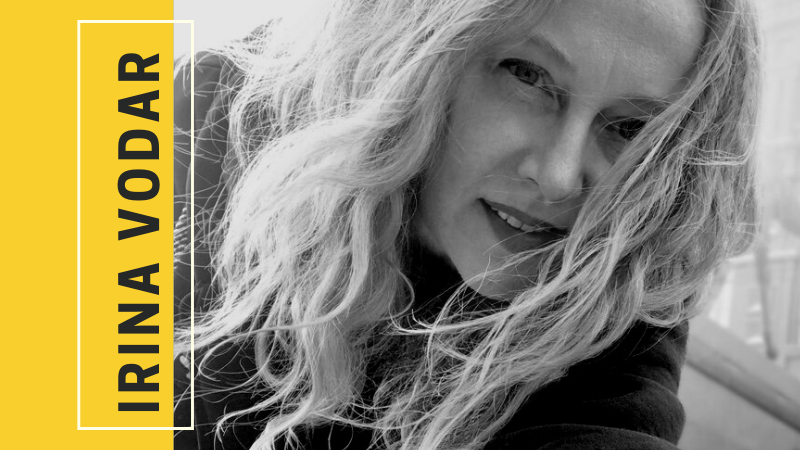Irina Vodar
As an Indie Filmmaker, Irina wrote, produced and directed two full length documentary films. Her debut doc feature Miss Gulag, produced in association with Neihausen-Yatskova Films on a beauty pageant in a Russian prison for women, premiered at the Berlin Film Festival in 2007 (available on Amazon Prime). Miss Gulag received positive reviews from critics and audiences, broadcasted on BBC, Canadian CBC Documentary Channel, distributed educationally, and won several awards, such as Best Debut Feature at the Moscow International Human Rights Film Festival and the Saratov Film Festival. It was also screened at various international film festivals, such as Berlin, Sheffield, Silverdocs, Seattle, Morelia, Vienna, ZagrebDox and Warsaw. The film was praised for its humanistic and compassionate portrayal of the women, as well as its insight into contemporary Russian society.
Her second documentary Anything You Lose, an insightful portrayal of infertility journey, won funding from the New York State Council on the Arts (NYSCA) and test-screened at the Barbican Theater in London, as part of the International Fertility Festival in 2019, to audience acclaim.
Your project takes a part in our festival.
What is your project about?
Anything
You Lose is a
cinema verité experience spanning 7 years of my reproductive treatments, packed
in 64 minutes of riveting documentary footage highlighting the pivotal moments
of the journey and sharing the eye-opening insights and realizations uncovered
along the way.
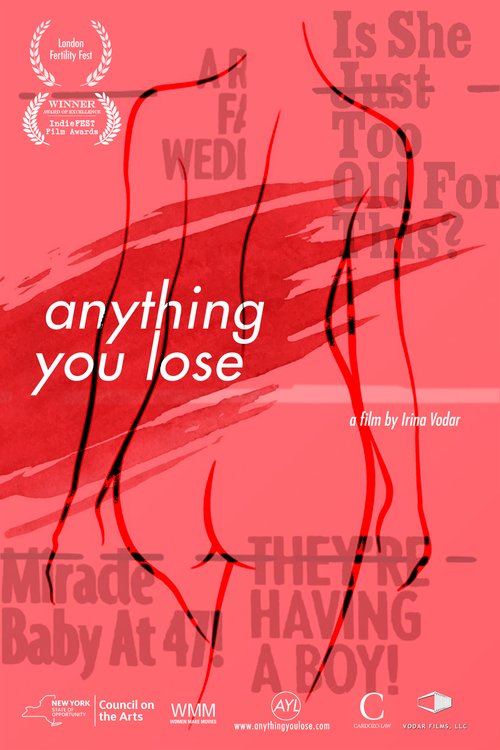
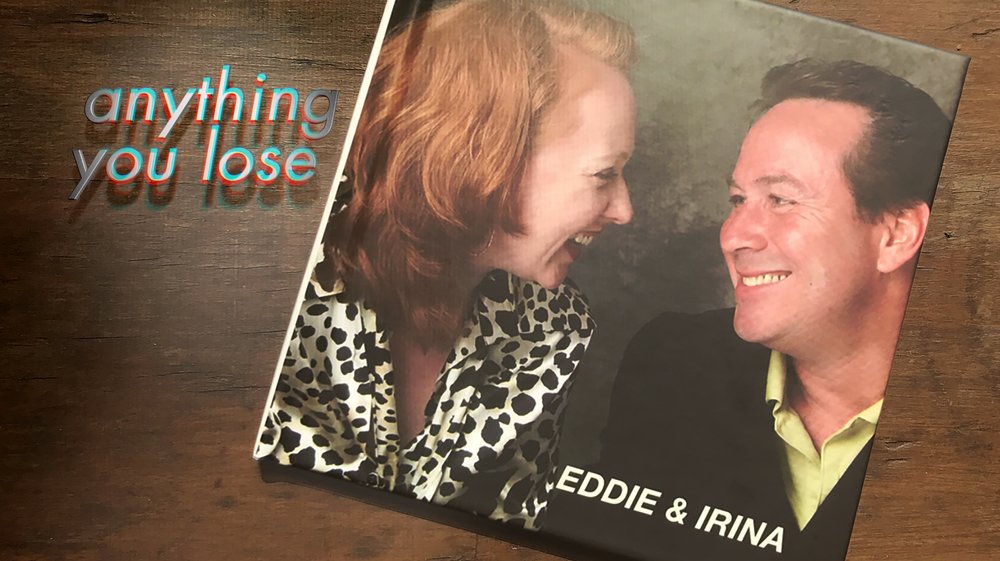
What were your requirements for actors to take a part of your film?
The film is a
documentary, all characters are real participants of the events, and all scenes
were filmed as the narrative unfolded in the moment, nothing is staged or
repeated.
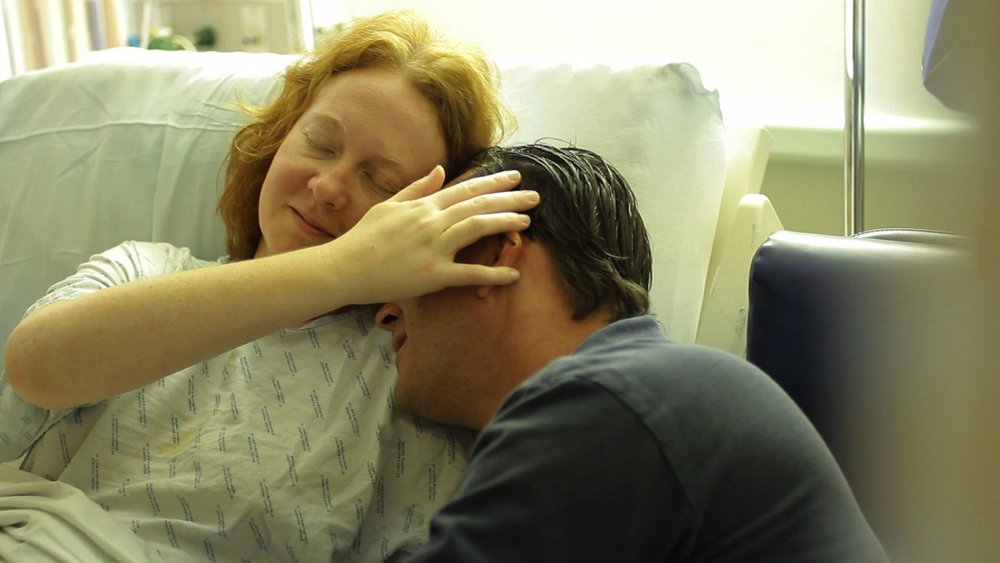
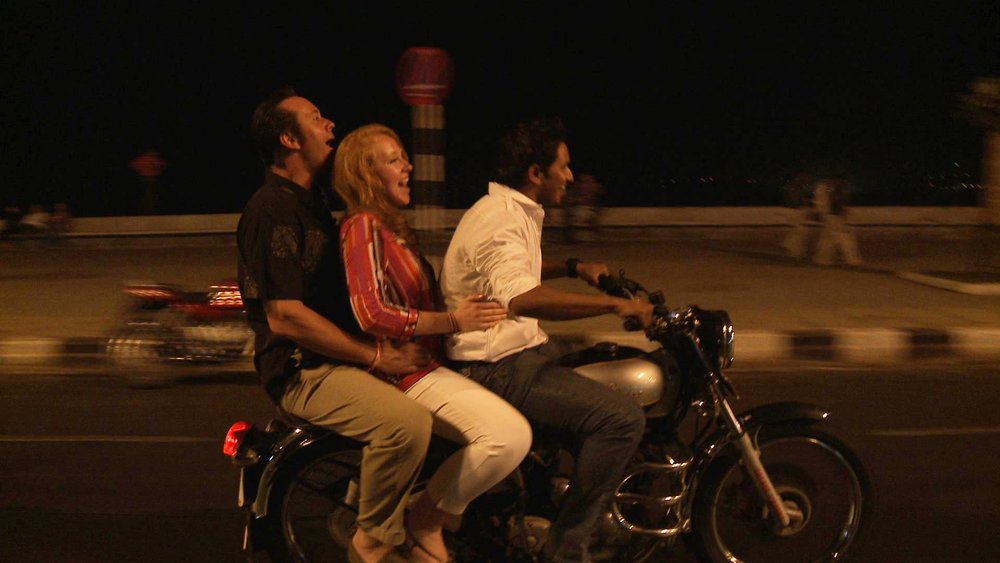
How did you communicate with the cameraman?
In my opinion,
the most important skill a documentary filmmaker can have is patience, to be
able to feel the moment and keep rolling the camera past the routine bits of
life, in hopes of catching glimpses of true human nature in changing
circumstances. The project had several cameramen in various locations, plus it
was recorded over the span of 7 years, so people and places have changed, while
the approach remained the same; containing the moment, catching everything that
transpires without calling attention to the camera.
What locations did you choose for your project? And why?
Anything
You Lose was shot
on location in Mumbai, India, in Manhattan, New York, and in Westhampton, Long
Island. These were the places where we lived with my husband, and where the
medical and media advice have led us. Specifically, regarding India, we chose
to go there because of the overwhelming evidence in documentary films, like
Google baby (2009), Made in India (2010), House of Surrogates BBC series (2013)
and numerous print publications, that India was the booming point of business
for successful surrogacy.
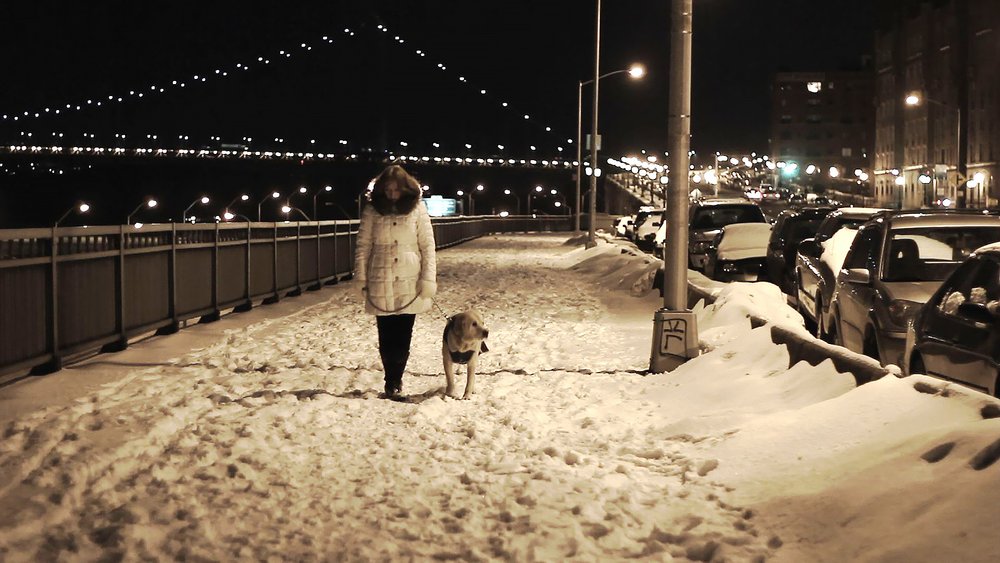
Why should distributors buy your film?
Everyone who
watches the film says that they would like to show it to their younger
siblings, or in schools and colleges. People with children find a new
appreciation for their kids. My personal intention in making of this film was
to share the hard-earned experience and wisdom gathered through personal mistakes
and misconceptions, so others do not have to follow in those footsteps, to
spare some needless suffering and heightened expectations. But most
importantly, to talk about the essence of what it is to be alive and thriving.
What expression elements did you use in your
project? How would you characterize your work?
It’s cinema
verité, so many times I’ve heard a comment that it feels like fiction, but not
because it is hard to believe. The main character’s inner thought process is
revealed through the device of voice-over, anchoring a level of intimacy that
is not customary in documentaries. I also very much enjoy various visual quotes
and references that allow to escape linear storytelling for a moment and relate
a feeling, hint at a memory in the same way how it is sometimes perceived in
real life. I also use presence in nature as a way of taking pauses in between
relentless human striving of the ego.
At what festivals have you had success? Has
the film already premiered? If so, where?
The film took
14 years to make; 7 years of filming and another 7 years of digesting and
processing the lesson contained in the story. The subject matter is still largely
a societal taboo wrought with complications, but a 64 min cutdown version
created in 2023 garnered 3 Awards in 3 categories at the first showing. Anything
You Lose received Award of Excellence in the category of Documentary
Feature, Award of Excellence in the category of Viewer Impact: Content /
Message Delivery, and Award of Excellence in the category of Reality
Programming from IndieFEST Film Awards. Documentaries Without Borders Film
Festival bestowed a Merit in Human Spirit Award. The North American Premiere
took place in Los Angeles, CA on October 7, 2023 (Awareness Film Festival),
followed by the East Coast Premiere in New York City on November 5, 2023 (The
Big Apple Film Festival). The film is slated to premier in Berlin, Prague,
Budapest, and Anika, Sweden, among other invites and considerations.
What motivated you to become a filmmaker?
When I was 6
years old, I sat in my room looking out of the window at the downtown Moscow
historical old courtyard. Suddenly, I noticed a man running across the rooftop
of a house across the yard, balancing on the ledge. He ran to the middle of the
roof, stopped, took out a gun and pointed it to the right, then to the left,
and then directly at me. I slowly slid below the windowsill for safety and hid
there till my parents found me and sent me playing outside in the courtyard.
I stayed close to my building entrance, concerned about the gunman. There, a beautiful blond lady approached me and asked if I saw the film crew. The film crew! At that moment, a thousand bells rang in my head. I was spellbound and hooked for life.
Which movies are your favorites? And why?
I have a
5-pack of all-time favorite films, and they are Cabaret with Liza Minelli, All
That Jazz by Bob Fosse, Midnight Cowboy with Dustin Hoffman and Jon Voight,
Days of Heaven by Terrence Malick, and Sound and Fury, a cinema verité
documentary by Josh Aronson. Each of these films is uniquely different, but
each illustrates a peak performance of the human spirit in dire circumstances.
I am enchanted by Joseph Campbell’s Hero with a Thousand Faces book, and find the
hero’s journey in this multitude of characters, be it a romantic cabaret singer
stuck in Nazi Germany, a Broadway director searching for beauty and eternity, a
young southern hustler with a heart of gold surviving New York City, a married
woman unable to turn down true love, and challenged kids striving to grow and
learn everything about this world, regardless of the circumstances. I love when
films appeal to the capacity of human spirit to survive, thrive and get
enlightened.
What topics do you like to deal with in your work?
I like to work
with female archetype. Myself being a woman, I look at life mostly through the
prism of human conscience, without dividing it into male and female aspects.
But that is not how the society at large operates. I like female dare devil
characters. These women transcend the limitations of the traditional gender
roles, inspiring action, valor, love and admiration, transcendence, moving
along development and progress. My first film, Miss GULAG (2007), delved into
the world of a beauty pageant held in a Siberian prison for women in
post-soviet Russia, and also speaks on this theme.
What genre do you like to shoot and why?
Cinema Verité
is my favorite shooting style because life is much stranger than fiction.
Particularly now, when special effects and filters can enhance any
storytelling, I look for the authentic core in character. In recent years I
have been leaning more towards documentaries as a truer and more satisfying
form of cinematic art.
What projects do you plan to shoot in the future?
I have a dream
project I would love to embark on, given the chance and the right
circumstances. It is a documentary on life and work of a remarkable Russian
poet and chansonnier Igor Talkov, who was assassinated under unexplained
circumstances in 1991. His life story is reflective of the country’s history,
and his creativity embodied both fearless social criticism and a strong love
for his country.
How has COVID affected your film life?
I’m grateful
for the time of social distancing. Although it was very hard for me to get
adjusted to the new reality, the months of isolation pointed at the areas of my
life that had been previously neglected and had to be addressed. As a result, I
strengthened my family ties and learned a great deal about showing up for loved
ones. Covid-19 was an instrumental break I needed to take from my personal
narrative to get objective about other timelines and scenarios present on the
planet, granting me that coveted objectivity that allowed to create the final
cutdown of the film.
What do you do if you're not thinking about
a movie? What are your hobbies?
I am afraid of
this question. When I was young, I didn’t like the weekends because I felt that
they were boring. I am a very active mind; I am relaxing when I have a purpose.
But I do love animals and nature, and find a great source of energy and
strength in admiration of our beautiful living planet.
Learn more about the project:
Website https://www.anythingyoulose.com/
Instagram https://www.instagram.com/anythingyoulose/
Youtube https://www.youtube.com/channel/UCAN8d4hd_yVtQ7emYP9yNFQ
IMDb https://www.imdb.com/title/tt8883466/?ref_=fn_al_tt_1

